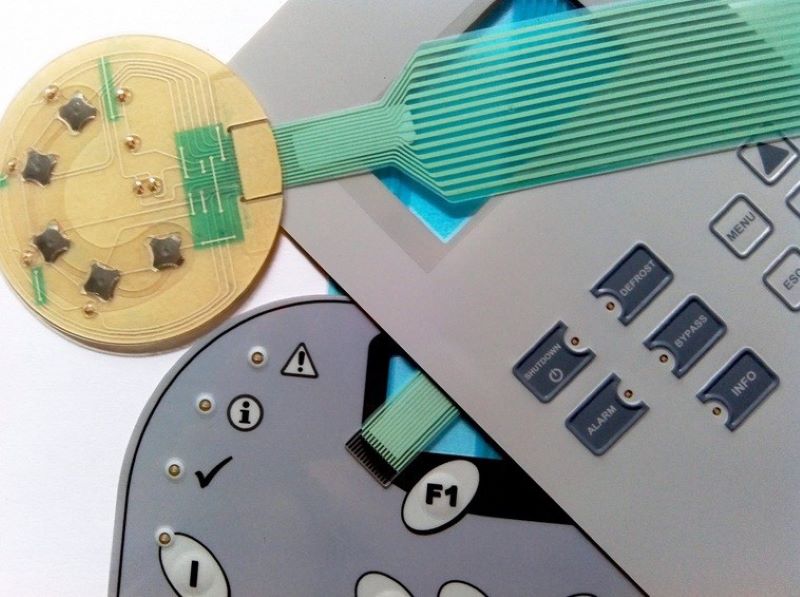Silicone rubber keyboards are known for their durability, flexibility, and resistance to dust and moisture, making them a popular choice for various applications. However, despite their advantages, users can encounter issues that may affect their performance. Understanding and troubleshooting these common problems can help maintain your keyboard¨s functionality and longevity. Here¨s a guide to addressing typical issues with silicone rubber keyboards and their solutions:Therefore, this is the choice membrane switch The reason, there is no denying its positive impact. https://singway-touch.com/
silicone rubber keyboards
Silicone Rubber
1. Key Response Issues
Problem: Keys may feel unresponsive or require extra force to register a keystroke, affecting typing efficiency.
Solution:
Check for Obstructions: Ensure there are no debris or foreign particles beneath the keys. Use a soft brush or compressed air to clean the keyboard surface and remove any trapped dirt.
Inspect the Key Mechanism: Silicone rubber keyboards rely on a membrane mechanism. If a key is stuck or unresponsive, gently press around the key area to ensure the silicone is not misaligned or jammed.
Test Key Functionality: Connect the keyboard to a different device to rule out potential issues with the computer¨s settings or drivers.
2. Sticky or Jammed Keys
Problem: Keys may become sticky or jammed, making typing difficult and frustrating.
Solution:
Clean Regularly: Regular cleaning is crucial for maintaining keyboard performance. Wipe down the keyboard with a damp cloth or mild cleaning solution. Avoid using harsh chemicals that could damage the silicone.
Check for Residue: Sticky residues from food or drinks can cause keys to jam. If a key is stuck, gently clean around it to remove any residue. Allow the keyboard to dry completely before use.
3. Visibility and Backlighting Issues
Problem: Some silicone rubber keyboards come with backlighting or illuminated keys, which may become dim or uneven over time.
Solution:
Adjust Brightness Settings: If your keyboard has adjustable backlighting, ensure it is set to the desired brightness level. Refer to the user manual for instructions on how to adjust these settings.
Inspect for Damage: Check the keyboard for any visible damage to the backlight components. If backlighting is uneven or malfunctioning, it may require professional repair or replacement.
4. Water Damage
Problem: Although silicone rubber keyboards are resistant to moisture, excessive exposure to water can still cause issues.
Solution:
Dry Thoroughly: If the keyboard gets wet, disconnect it immediately and allow it to dry completely in a well-ventilated area. Avoid using a hairdryer or applying direct heat, as this can damage the silicone.
Check for Functionality: Once the keyboard is dry, test all keys to ensure they are functioning correctly. If the keyboard does not work after drying, it may require professional inspection or repair.